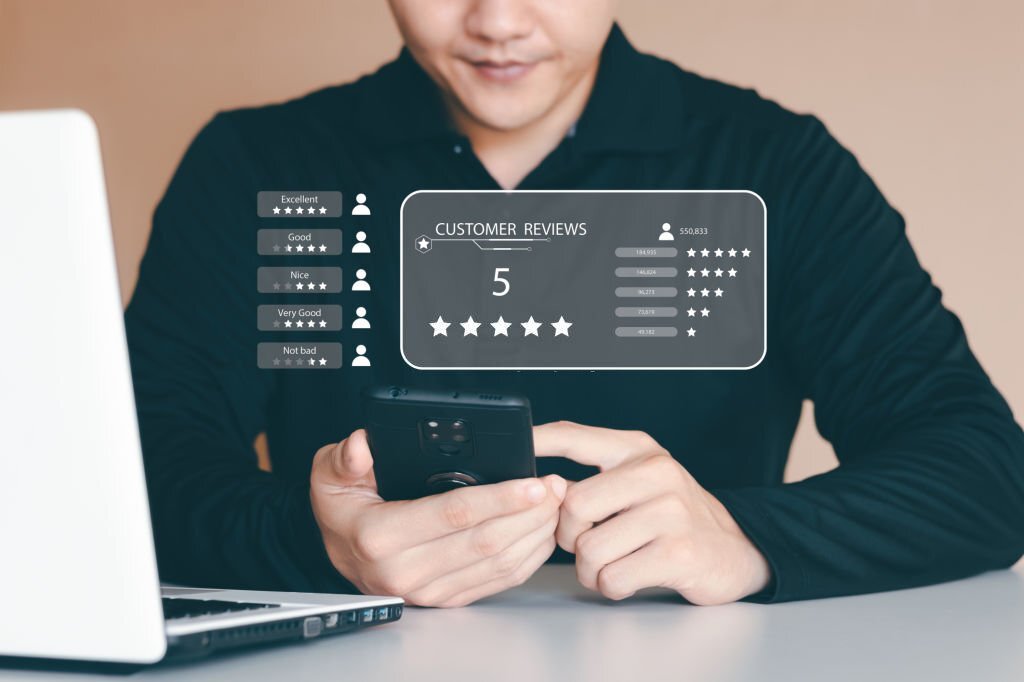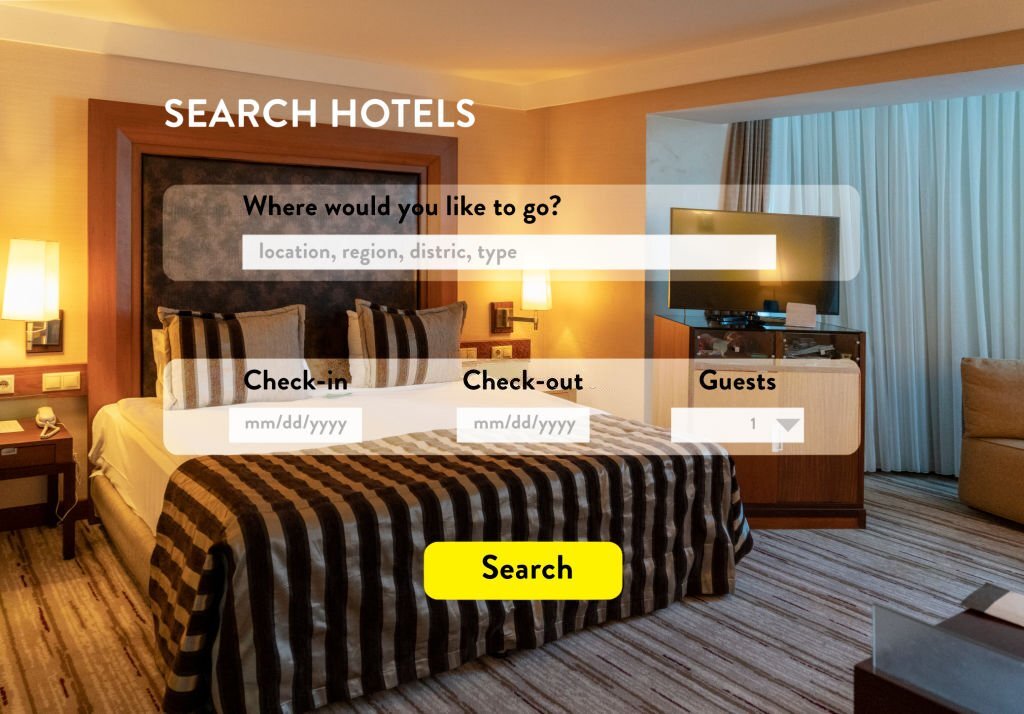Performing semantic analysis of customer reviews involves using natural language processing (NLP) techniques to understand the meaning and sentiment behind the text. Brand Managers can leverage various NLP tools and methods to gain insights from customer reviews. Here’s an overview of the typical steps involved in semantic analysis of customer reviews:
Data Collection: The Brand Manager gathers customer reviews from various sources, such as online review platforms (e.g., TripAdvisor, Yelp, Google Reviews), social media platforms, and customer feedback forms.
Text Preprocessing: Before conducting semantic analysis, the text data is preprocessed to clean and prepare it for analysis. This includes removing punctuation, special characters, and irrelevant information like URLs and numbers. The text may also be converted to lowercase for consistency.
Tokenization: The text is divided into individual words or tokens. This step is essential for further analysis as it breaks down the text into manageable units.
Stopword Removal: Common words like “the,” “and,” “is,” which don’t carry significant meaning, are removed from the text. These are known as stopwords.
Stemming or Lemmatization: Words may be reduced to their root form using stemming or lemmatization techniques. For example, “running,” “runs,” and “ran” would be reduced to “run.”
Sentiment Analysis: Sentiment analysis is a crucial part of semantic analysis. It involves determining the sentiment expressed in the text, such as positive, negative, or neutral. There are various sentiment analysis algorithms and tools that can help automate this process.
Aspect-Based Sentiment Analysis (ABSA): In addition to overall sentiment, ABSA is used to analyze sentiments related to specific aspects of the product or service mentioned in the review. For example, a hotel review might mention positive sentiments about the staff but negative sentiments about room cleanliness.
Topic Modeling: Topic modeling algorithms, such as Latent Dirichlet Allocation (LDA), can be used to identify the main topics or themes discussed in the reviews. This helps in understanding the key issues or attributes that customers focus on when talking about the brand or product.
Named Entity Recognition (NER): NER can be employed to identify and categorize entities mentioned in the reviews, such as brand names, product names, and locations.
Data Visualization: Brand Managers may use data visualization techniques like word clouds, sentiment distribution charts, and topic frequency plots to present the findings in a visually informative way.
By performing semantic analysis of customer reviews, Brand Managers can gain valuable insights into customer perceptions, identify strengths and weaknesses of the brand or product, track sentiment trends over time, and make data-driven decisions to improve customer satisfaction and brand reputation.










